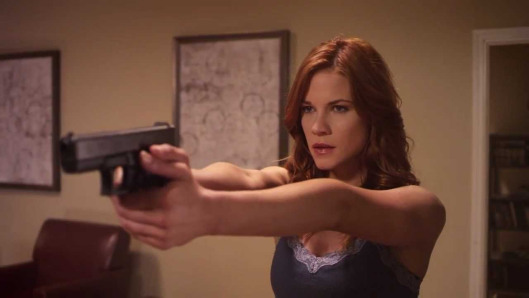 Bet that would keep your head down for a while!
Bet that would keep your head down for a while!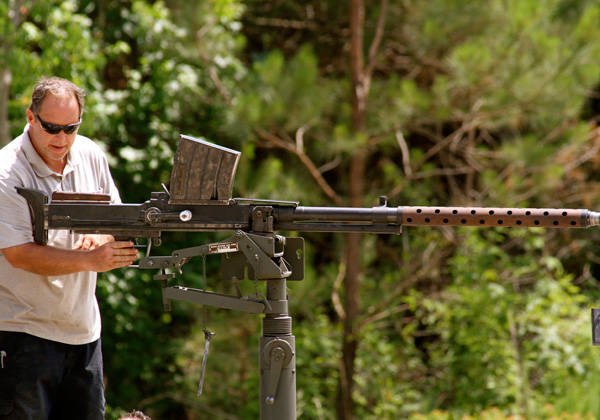 As would this puppy also!
As would this puppy also!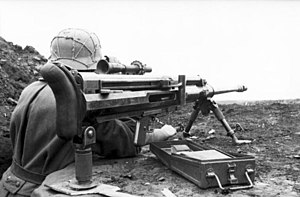

Here is a couple of videos below:
Something for the Men NSFW







High Standard Supermatic .22 Long
I shot one of these a long time ago with some kind soul lending me his. It shot well for me and I wish that I could find one out here in California.
Grumpy
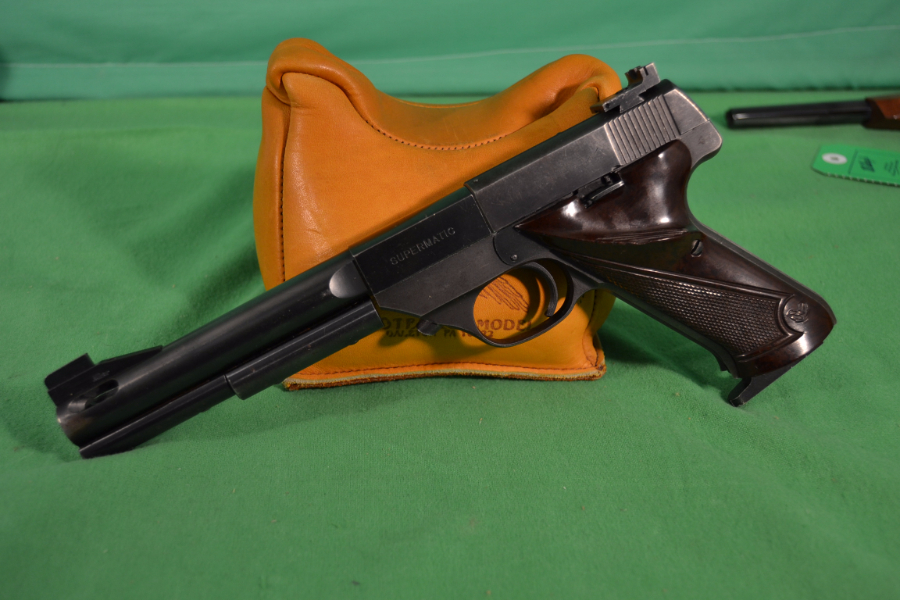


A US Range War

For guys of my generation, who watched the Cowboy & Indian Movies. 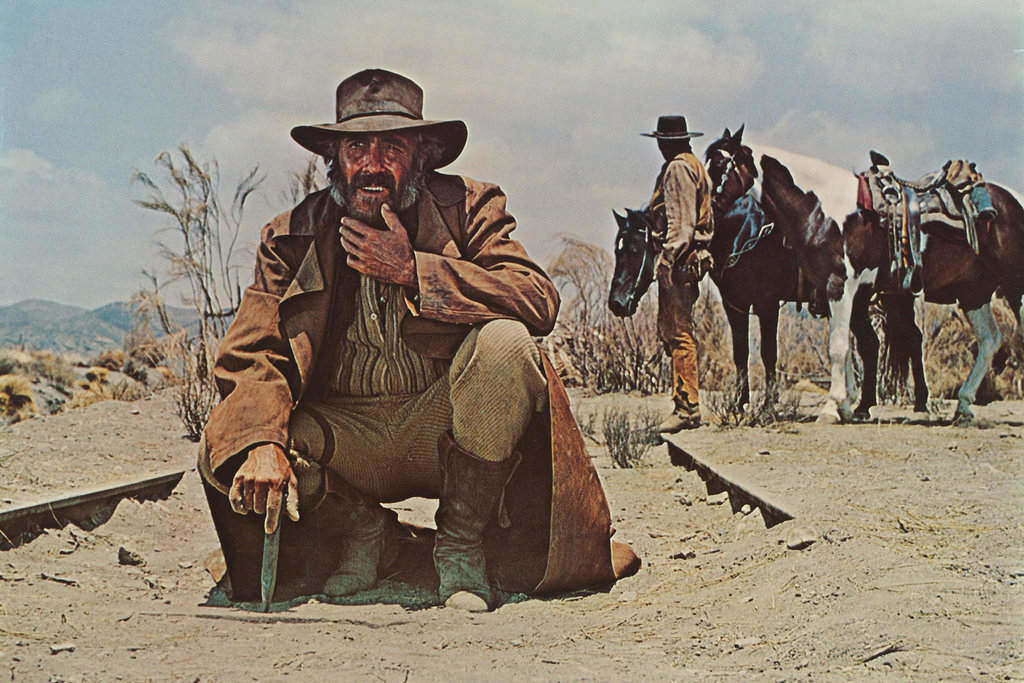 The Range Wars were a dependable background. Here is the story of one of them. I hope that you like it! Grumpy
The Range Wars were a dependable background. Here is the story of one of them. I hope that you like it! Grumpy

San Elizario Salt War
| Date | 1877 – 1878 |
|---|---|
| Location | El Paso County, Texas, United States |
| Also known as | Salinero Revolt El Paso Salt War |
| Outcome | Uprising suppressed |
| Deaths | ~25 |
The San Elizario Salt War, also known as the Salinero Revolt or the El Paso Salt War, was an extended and complex political, social and military range war over ownership and control of immense salt lakes at the base of the Guadalupe Mountains of West Texas. What began in 1866 as a political and legal struggle among Anglo Texan politicians and capitalists gave rise to an armed struggle waged in 1877 by the ethnic Mexican inhabitants living in the communities on both sides of the Rio Grande near El Paso, Texasagainst a leading politician, supported by the Texas Rangers. The struggle climaxed with the siege and surrender of 20 Texas Rangers to a popular army of perhaps 500 men in the town of San Elizario, Texas. The arrival of the African-American 9th Cavalry and a sheriff’s posse of New Mexico mercenaries caused hundreds of Tejanos to flee to Mexico, some in permanent exile. The right of individuals to own the salt lakes previously held as a community asset was established by force of arms.
What began as a local quarrel grew in stages to finally occupy the attention of both the Texas and federal governments. Newspaper editors throughout the nation covered the story, often in frenzied tone and with lurid detail. At the conflict’s height, as many as 650 men bore arms. About 20 to 30 men were killed in the 12-year fight for salt, and perhaps double that number were wounded. The war’s damage also included an estimated $31,050 in property damage. Crop losses were sustained because local farmers did not till or harvest their fields for several months, but the wheat loss was estimated at $48,000. To these immediate financial losses (worth about $1.5 million in 2007) can be added the further political and economic marginalization of the Mexican-American community of El Paso County.[1]
Traditionally, the Mexican-American uprising has been described by historians as a bloody riot by a howling mob. The Texas Rangers who surrendered, especially their commander, have been described as unfit.[2] More recent scholarship has placed the Salt War within the context of the long and often violent social struggle of Mexican-Americans to be treated as equal citizens and not as a subjugated people.[3] Most recently, the “mob” has been described as an organized political-military insurgency with the goal of re-establishing local control of their fundamental political rights and economic future.[4]
Contents
[hide]
Background[edit]
National ambiguity[edit]
The Rio Grande is a natural barrier in West Texas. Spain, and later Mexico, had settled a series of communities along the south banks of the river, which provided protection from Comanche and Apache raids from the north. Prior to major water-control projects on the Rio Grande such as Elephant Butte Dike, which was constructed in the early 20th century, the river flooded often. San Elizario was a relatively large community south of the river from its founding in 1789 until an 1831 flood changed the course of the river, leaving San Elizario on “La Isla”, a new island between the new and old channels of the Rio Grande.
This position relative to the river became more important in 1836 when the newly independent Republic of Texasproclaimed the Rio Grande the southern border of the new country. The nationality of the people of San Elizario was disputed until the signing of the Treaty of Guadalupe Hidalgo, the treaty that ended the Mexican-American War, which identified the “deepest channel”, i.e. the southern channel, as the official international boundary. The status of San Elizario was further made official by the 1853 treaty that sold the territory of the Gadsden Purchase to the United States. At that time, San Elizario was the largest US community between San Antonio, Texas, and Santa Fe, New Mexico. It was a major stop on the Camino Real and was the county seat of the region.
Civil War and Reconstruction[edit]
The American Civil War created great changes in the political landscape of West Texas. The end of the war and Reconstruction brought many entrepreneurs to the area. The families of San Elizario had deep roots and were loath to accept the newcomers. Many Republicans settled in the small trading community of Franklin, Texas, a trading village across the Rio Grande from the Chihuahua city of El Paso del Norte (present-day Ciudad Juárez).
By the beginning of the 1870s the Democratic Party had begun to reclaim political influence in the state. The Democratic operatives, with their ties to Southern United States, were not accepted by the people of San Elizario, either, as they retained generational ties to Mexico. Alliances shifted and rivalries developed between the Hispanic, Republican, and Democratic factions residing in West Texas.
The Salt[edit]
At the base of the Guadalupe Mountains, about 100 mi (160 km) northeast of San Elizario, lie a series of dry salt lakes (located at: 31.74335°N 105.07668°W). Before the pumping of water and oil from West Texas, the area had a periodic shallow water table, and capillary action drew salt of a high purity to the surface. This salt was valuable for a wide variety of purposes, including preserving meats and replenishing what sweating took from humans and animals. It was also a commodity used for barter along El Camino Real de Tierra Adentro and was an essential element in the patio process for extracting the silver from ore in the Chihuahua mines. Historically, caravans to the salt lakes traveled either down the Rio Grande and then straight north or via what became the Butterfield Overland Mail route. In 1863, the people of San Elizario, as a community, built by subscription a road running east to the salt lakes. The residents in the Rio Grande valley at El Paso were granted community access rights to these lakes by the King of Spain. These rights had been grandfathered in by the Republic of Mexico and in accordance with the Treaty of Guadalupe Hidalgo. Beginning in 1866, the Texas Constitution allowed individuals to stake claims for mineral rights, thus overturning the grandfathered community rights.
Political phase 1866–1877[edit]
Salt ring and Anti-Salt ring[edit]
In 1870, a group of influential leaders from Franklin, Texas, claimed the land on which the salt deposits were found. They were unsuccessful in gaining sole title to the land, and a feud over ownership and control of the land began. William Wallace Mills favored individual ownership, Louis Cardis favored the Hispanic community concept of commonwealth, and Albert Jennings Fountain favored county government ownership with community access. This led to Cardis and Fountain to join together as the “Anti-Salt ring”, while Mills became the leader of the “Salt ring”.
Fountain was elected to the Texas State Senate and began pushing for his plan of county government ownership with community access. San Elizario’s Spanish priest, Father Antonio Borrajo, opposed the plan and gained the support of Cardis. On December 7, 1870, Judge Gaylord J. Clarke, a supporter of Mills, was killed. Fountain and Cardis sparred with every political and legal tool at their command. The Republicans’ loss of state government control in 1873 prompted Fountain to leave El Paso for his wife’s home in New Mexico.
Charles Howard[edit]
In 1872, Charles Howard, a Virginian by birth, came to the region determined to restore the Democratic Party to power in West Texas. His natural rival was Mills, so he struck up an alliance with Cardis, who controlled the Hispanic vote in the region.[citation needed] Cardis had a stronger allegiance to the former citizens of Mexico than to either US political party, and was influential in swinging their votes in any direction he thought beneficial to the community or to himself. Howard was elected district judge and about the same time began feuding with Cardis over who would be the county’s political “top dog”.[5]
In summer 1877, Howard filed a claim for the salt lakes in the name of his father-in-law, George B. Zimpelman, an Austin capitalist. Howard offered to pay any salinero who collected salt the going rate for its retrieval, but he insisted the salt was his. The Tejanos of San Elizario, encouraged by Father Borrajo (by now the former pastor), with the support of Cardis, gathered and kept salt in spite of Howard’s claim. The people did not only look to outside leaders. Falling back on a long tradition of local self-government, they formed committees (juntas) in San Elizario and the largely Tejano neighboring towns of Socorro and Ysleta, Texas, to determine a community-based response to Howard’s action. During summer 1877, they held several secretive, decisional, and organizational meetings.[6]
Salt Uprising 1877-1878[edit]
On September 29, 1877, José Mariá Juárez and Macedonia Gandara threatened to collect a wagonload of salt. When Howard learned of their activities, he had the men arrested by Sheriff Charles Kerber and went to court in San Elizario to legally restrain them that evening, armed men arrested the compliant jurist. Others went in search of Howard, locating him at Sheriff Kerber’s home in Yselta. Under the leadership of Francisco “Chico” Barela, they seized Howard and marched him back to San Elizario. For three days, he was held prisoner by several hundred men, led by Sisto Salcido, Lino Granillo, and Barela. On October 3, he was finally released upon payment of a $12,000 bond and his written relinquishment of all rights to the salt deposits. Howard left for Mesilla, New Mexico, where he briefly stayed at the house of Fountain. He soon returned to the area, and on October 10, shot and killed Cardis in an El Paso (formerly Franklin) mercantile store. Howard fled back to New Mexico.
The Tejano people of El Paso County were outraged. They effectively put a stop to all county government, replacing it with community juntas and daring the sheriff to take any action against them. In response to pleas from a frightened Anglo community (numbering fewer than 100 residents out of 5,000 in the county), Governor Richard B. Hubbard answered by sending to El Paso Major John B. Jones, commander of the Texas Rangers’ Frontier Battalion. Arriving on November 5, Jones met with the junta leaders, negotiated their agreement to obey the law (or so he thought) and arranged Howard’s return, arraignment, and release on bail. Jones also recruited 20 new Texas Rangers, the Detachment of Company C, under the command of Lieutenant John B. Tays, a native Canadian. Traditionally, Tays has been described as an uneducated handyman, but later research indicated he was a mining engineer, El Paso land speculator, and smuggler of Mexican cattle. His appointment to command the local Ranger detachment was approved by leading Anglos. The Ranger detachment recruited by Jones and Tays was mixed, composed of Anglos and a few Tejanos, including an old Indian fighter, several Civil War veterans, an experienced lawman, at least one outlaw, and a few community pillars. Individually, they included some capable men, but the unit lacked tradition or cohesion.[7]
The Rangers[edit]
On December 12, 1877, Howard returned to San Elizario with a company of 20 Texas Rangers led by John B. Tays. Once again, a group of armed insurgents descended upon them. Howard and the Rangers took cover in the buildings, eventually taking refuge in the town’s church. After a two-day siege, Tays surrendered the company of Rangers, marking the only time in history a Texas Ranger unit ever surrendered to adversaries. Howard, Ranger Sergeant John McBride, and merchant and ex-police lieutenant John G. Atkinson were immediately executed and their bodies hacked and dumped into a well. The Rangers were disarmed and sent out of town. The civic leaders of San Elizario fled to Mexico, and the people of the town looted the buildings. In all, 12 people were killed and 50 wounded.
Consequences[edit]
As a result of the unrest, San Elizario lost its status as county seat, which was relocated to El Paso. The 9th Cavalry of buffalo soldiers were sent to re-establish Fort Bliss to keep an eye on the border and the local Mexican population. When the railroad came to West Texas in 1883, it bypassed San Elizario. The town’s population decreased, and Mexicans lost their political influence in the region.
Remington Nylon 77 .22 LR
I had a chance to buy one for a $100 NIB. Which just goes to show what an Idiot I was to pass on it!

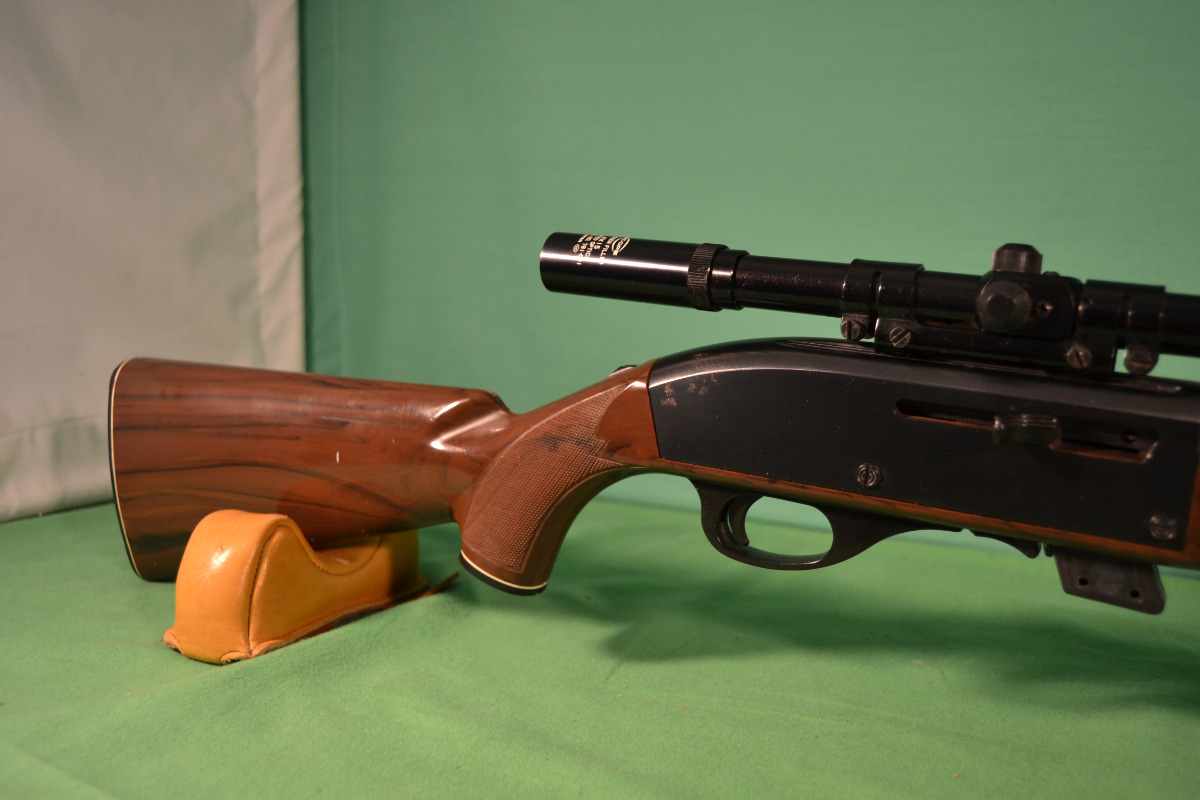




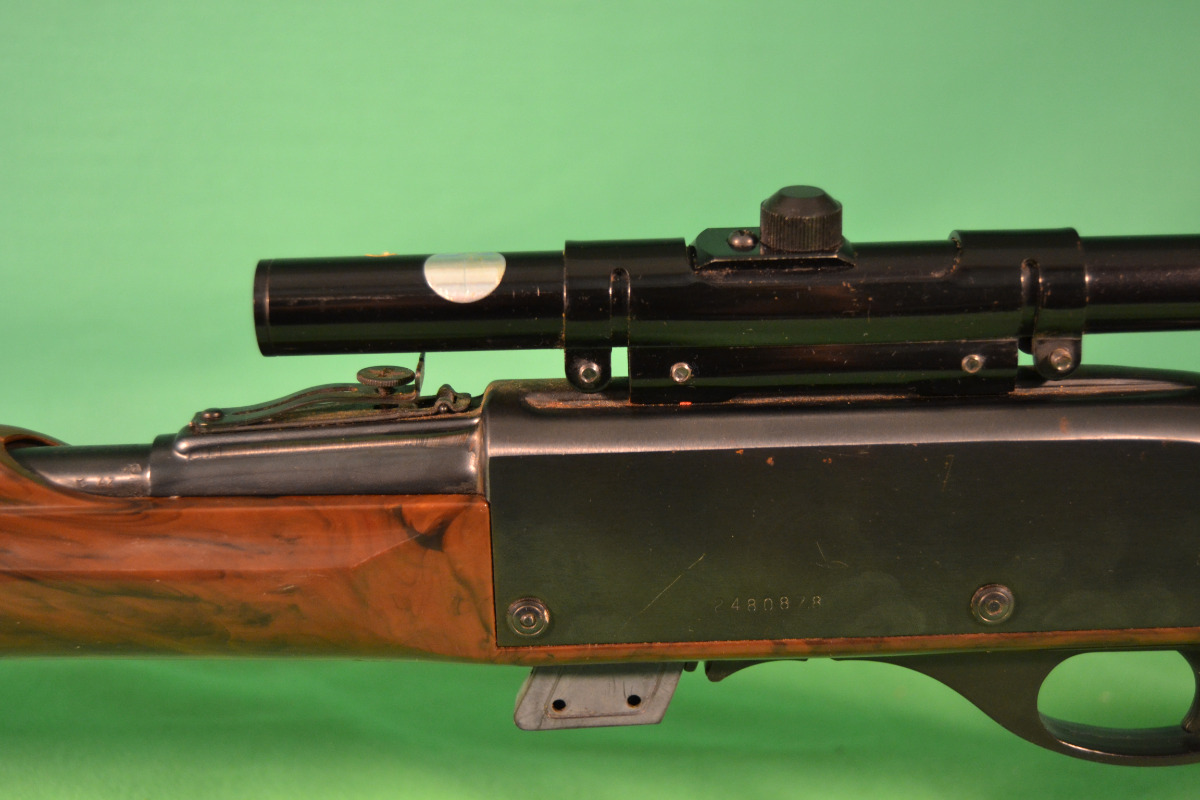
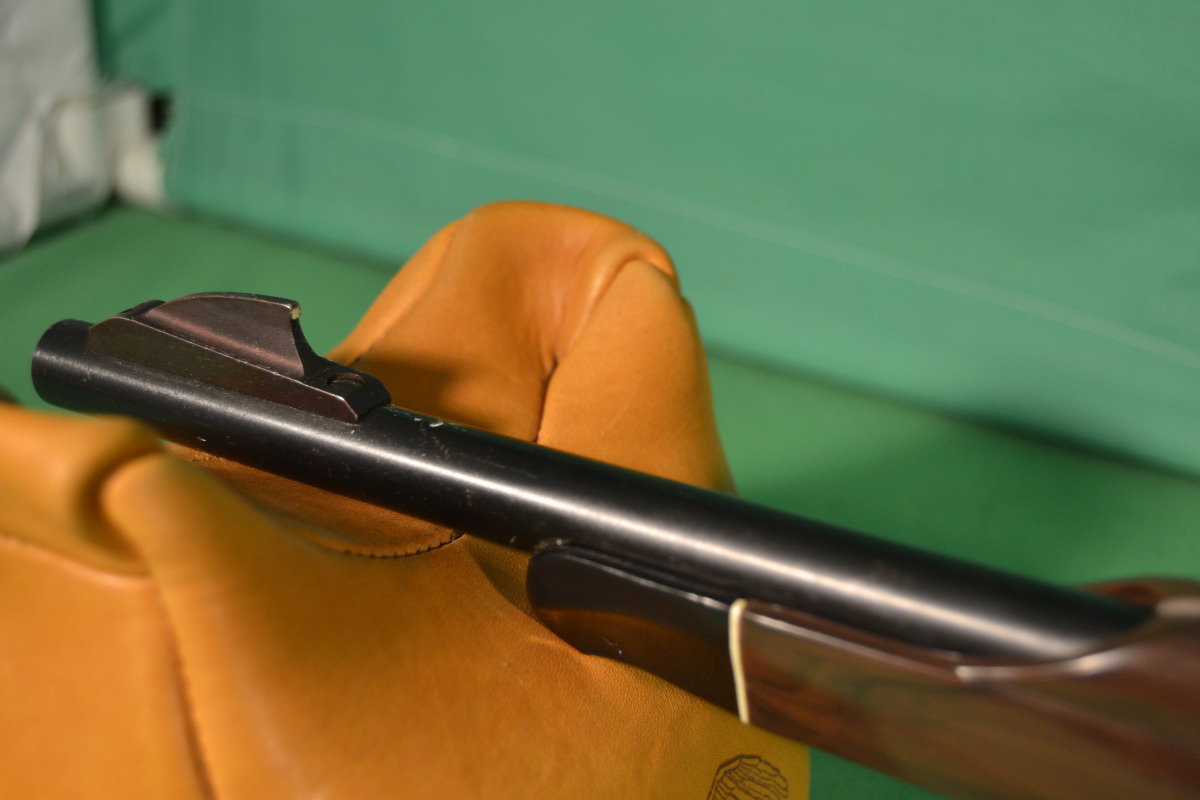






Clint
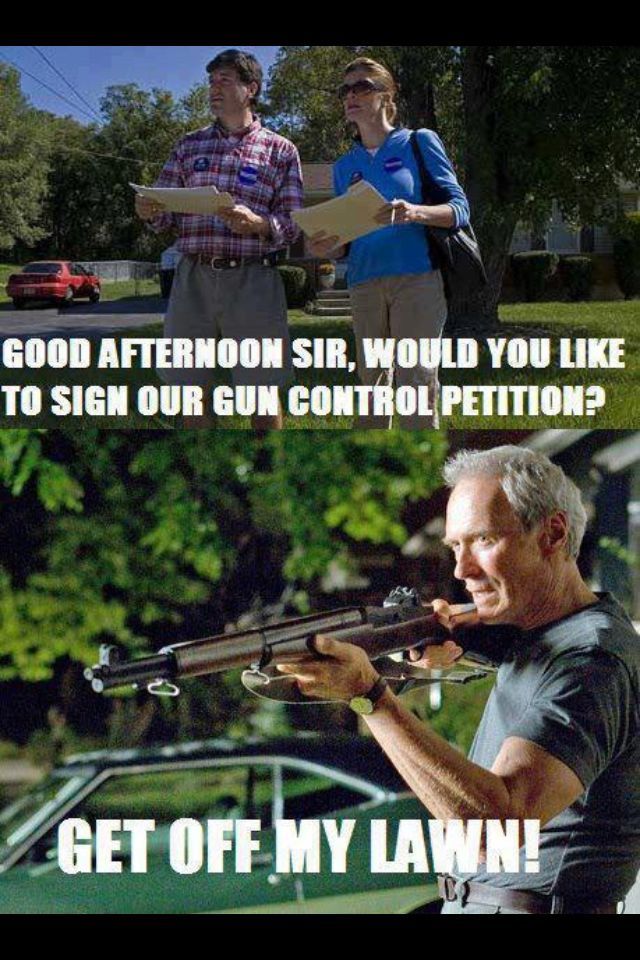
I Carry A Handgun Because (2018):
12MondayMar 2018
 This is a topic I last addressed on this scruffy little blog in August of 2016. In light of recent events, and the newly energized anti-liberty/Second Amendment movement, it’s time for an update.
This is a topic I last addressed on this scruffy little blog in August of 2016. In light of recent events, and the newly energized anti-liberty/Second Amendment movement, it’s time for an update.I do not advertise the fact that I carry a concealed handgun, or that I am an instructor. However, on the occasions when this comes up, people are often amazed. Not because I am a diminutive wisp of a fellow–I’m anything but, and if I do say so myself, and I do, I’m roguishly masculine (anyway, Mrs. Manor likes me)–but because I am an English teacher and singer, and my default facial expression is a smile. The usually resulting conversation:
Friend: “Really? You carry a gun?”
Me: “Yup.”
Friend: “Where?”
Me: “Everywhere.”
Friend: “Everywhere?!”
Me: “I even carry a spear gun in the shower.”
Friend: “No!”
Me: “No; but everywhere else.”
Friend: “But why?”
I usually hit on a few of the high points, issues of logic, common sense, gentle persuasion enabling those that already know me to accept a side of me previously unimagined. Employing my most frequently used weapon–the keyboard–let us, gentle readers, reason together.
NOTE: I will make references to God. Because I choose Christianity does not mean everyone must. In fact, a fundamental fact of Christianity is willing choice: one must choose to believe. One may accept moral precepts–and reason–without professing a faith, and I make no judgment about anyone’s relationship with God, or lack thereof.
I CARRY A HANDGUN BECAUSE:
* Evil exists and may confront anyone at any time and any place.
* God exists and expects me to protect myself, those I love, and those that can’t protect themselves.
* When God leads me into such situations, as He sometimes has, He expects me to be prepared, and so I am.
* Self-defense is a God-given, natural, unalienable right.
* To fail to protect God’s greatest gift, the gift of life, is inexcusable.
* My life is worth far more to me, those that love me, and to a just society than the lives of vicious criminals and terrorists.
* The lives of the innocent—friend or stranger—are worth far more to me and to a just society than the lives of vicious criminals and terrorists.
* Three times in my life I have raised my right hand and sworn a solemn oath to uphold and defend the Constitution. I have never betrayed those oaths and never will.
* By carrying my handgun, I honor the foresight and wisdom of the Founders in writing the Second Amendment.
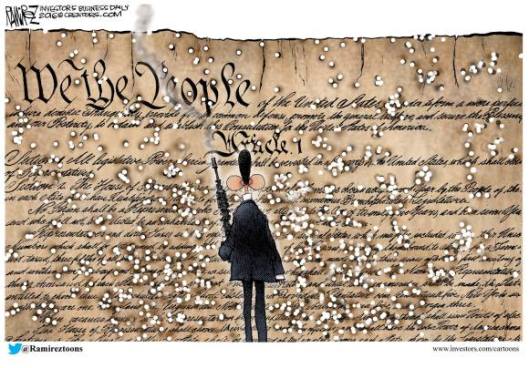
* The Constitution is only paper and ink, a statement of principals and intentions. When the will wavers and when some wish to change, ignore or destroy those principals and intentions for light and transient reasons, only the threat of, and if necessary, the application of the force of arms, will suffice to preserve liberty.
* Seldom in American history has a reminder of the immediacy of that threat been more obvious than during the eight years of the Obama Administration, and the threat of a Hillary Clinton Administration.
* The contemporary rush of the Democrat Party toward Socialism/Communism is also a potent reminder.
* While I’d prefer to carry a rifle or submachine gun that’s impractical.
* A handgun is the most convenient, usual and effective means of self-defense.
* Going armed reinforces and upholds the Social Contract.
* An armed society is a polite society.
* Those who lawfully carry concealed weapons are among the most law abiding.
The tree of liberty must be refreshed from time to time with the blood of patriots and tyrants.
That’s why we have a Second Amendment, not for hunting, not for self-defense, but always and primarily to deter tyranny, and to allow the common man, the normals of Flyover Country, to resist and overthrow a tyrannical government.
* The Second Amendment merely recognizes the unalienable right to keep and bear arms. It does not create the right. Government does not grant the right, nor can government take it away–not that some governments care about that.
* It demonstrates, as nothing else can, that I am the master of my government, not its slave; that elected officials work for me and only with my consent.
* I am a free man and no evidence of that fact is more meaningful and convincing than that I own and carry the firearms I prefer.
* It makes those that would rule me—all of us—through tyranny, soft or hard, red with rage. It couldn’t happen to nicer people.
* It reminds them that in America, there are lines no rational, honest politician dare cross. They hate that.
* It reminds them that every iota of power they possess is on temporary loan from me and every other American. They hate that too.
* It reminds us all that the whims of the highest politician may not prevail over the Bill of Rights as long as it lives and burns brightly in the hearts of patriotic Americans and is not merely ancient ink on yellowed, fading paper.
* It is the very means by which an oppressed citizenry may force despots to respect the natural rights of honorable men and women.
*It reminds even Supreme Court Justices their pronouncements will be honored only as long as they honor the Constitution and exclusively base their decisions on its text and the intentions of the Founders.
* Politicians harboring tyrannical intentions fear armed citizens like a vampire fears a crucifix. Their hatred serves to positively identify those that would steal liberty and hide behind spin, teleprompters and clever lies.
*Semiautomatic handguns with “high-capacity magazines” are precisely the kind of firearms the Founders intended Americans to keep and bear.
*Gun grabbing politicians don’t want me to have the most effective weapons, or any weapons.
* Most politicians care about the welfare and continuing existence of individual citizens only in the abstract. Even honorable politicians can do little more than those who only pretend to care.
* Even in our democracy, tyrants are always present and always waiting their chance.
* With this in mind, Hubert Humphrey, one of the most famous and orthodox Democrats of the last century was right when he said:
Certainly one of the chief guarantees of freedom under any government, no matter how popular and respected, is the right of the citizens to keep and bear arms. This is not to say that firearms should not be carefully used and that definite safety rules of precaution should not be taught and enforced. But the right of the citizens to bear arms is just one guarantee against arbitrary government and one more safeguard against a tyranny which now appears remote in America, but which historically has proved to be always possible.
* Those who willingly and meekly surrender to criminals surrender more than valuables; they surrender their dignity and honor; they surrender civilization itself.
* I am old-fashioned enough to think it my duty to protect those who have less ability than mine to protect themselves.
* I could not live with myself for failing to protect women in danger. Call it sexist if you must, but if you’re unarmed and under attack, would you really think to call an unarmed, untrained statist? Would Pajama Boy save your life, or would he drink hot chocolate and talk about Obamacare?
* I know human nature. Like the Shadow, I know what evil lurks in the hearts of men.
* I know that many criminals experience pangs of conscience. I also know that it does not prevent them from being predators, only that it occasionally causes them to feel badly for a few fleeting seconds thereafter.
* I know that sociopaths exist, in greater numbers than most imagine, and that they have no conscience.
* Some people really like hurting others. Rarely does one need to engage in psychological navel gazing to understand the actions of predators. They do it because they want to do it, because they like to do it, and some, because it is an intense sexual thrill.
* Such people are everywhere, and are for most, impossible to pick out of the mass of mankind.
* Such people can be stopped only by the presence of overwhelming and imminent force: the gun.
* Living a self-imagined virtuous life is no defense against such people.
* Having a Progressive political and social philosophy not only is no defense against such people, it encourages, helps, even creates them.
* Politicians sometimes speak of a “war on crime.” They have no idea. The streets are the battlefield, and whether we like it or not, we are all the combatants.
* The predators that would carry that battlefield into our homes are usually the most dangerous of all. They’re willing to bet people are unarmed, and if they are, take advantage.
* The possibility of having to fend off an armed attack in a mall, theater, restaurant, or other public place has never been greater, and if statists get their way, it will become the new normal.

* Gun-free zones are actually free-fire zones for killers. Every mass shooting for decades has taken place in a “gun-free” zone. This is no coincidence.
* Anti-gun statists know this, but feeling good about their superior morality in establishing such zones is far more important to them than the lives of the little people like you and me.
* The police have no legal obligation to protect me—or anyone.
* The police simply can’t protect anyone; there are far too few of them and far too many of us.
* When seconds count, the police are always minutes (or in Detroit and many other places, an hour) away.
* I accept personal responsibility and live accordingly.
* As an adult, I am solely responsible for my continuing existence.
* Accepting personal responsibility encourages me to be continually aware of my surroundings.
* Having situational awareness means it is more likely I won’t ever need to use my handgun.
* My training and experience give me confidence that if I do need it, I will use it effectively and properly, though I will still pray to God to make me fast and accurate.
* It gives me the ability to deter those younger, stronger or more numerous than myself.
* It gives me the ability to defeat those younger, stronger or more numerous than myself if they are too stupid, too drugged, or too predatory to be deterred.
* Criminals fear the guns of armed citizens far more than the guns of the police. They should.
* Domestic terrorists and murderers have always been with us. The victims and survivors of Columbine High School (1999), Virginia Tech (2007), Sandy Hook Elementary School (2012), the Boston Marathon attack (2013), the Pulse Nightclub attacks (2016), the Las Vegas Attack (2017) and the Parkland attack (2018)—and I–have no doubt of this.
* In virtually every school shooting in recent American history, the police played virtually no role in stopping the killers. In some, Armed citizens did.
* We are at war with uniquely deranged, blood-thirsty terrorists determined to slaughter Americans on American soil. The citizens of Orlando, and many other American cities now have no doubt about this.
* As ISIS and other terrorists are destroyed on the battlefield and their influence shrinks, they will be much more likely to focus on where we are most vulnerable.
* I frequent the places (schools, theaters, shopping malls, grocery stores and other soft targets) terrorists long to attack (go here for a fictional account of a school attack).
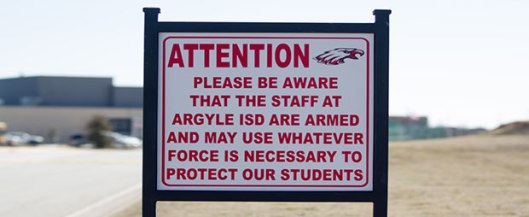
* I can imagine few feelings worse than being unarmed when and where a terrorist or mass shooter attack takes place.
* Even unarmed, I would have no option but to attack killers shooting innocents.
* Armed, I would be able to save at least some lives and stop at least some killers.
* I could not bear the thought that I could have saved lives, but was prevented by virtue signaling politicians and other fools.
* It is important to me to know that I can make a real difference when it most matters.
* I appreciate well-designed and made devices.
* Firearms are like fire extinguishers. When one is needed, it’s needed right now, badly, and nothing else will do.
* The discipline of the gun helps to make me a better, more aware and more effective person.
* Thomas Jefferson was also right when, in 1785, he advised his 15 year old nephew and ward:
A strong body makes the mind strong. As to the species of exercise, I advise the gun. While this gives a moderate exercise to the body, it gives boldness, enterprise, and independence to the mind.
* Shooting and being a part of one of the oldest American traditions is uplifting and simply fun.
* I recognize that I am the weapon; the handgun is simply a tool.
* Foremost, I am an American; I am a free man; it is my tradition and heritage.
:quality(80)/https://static4.libertatea.ro/wp-content/uploads/2015/07/3rd-place_3360483k.jpg)





